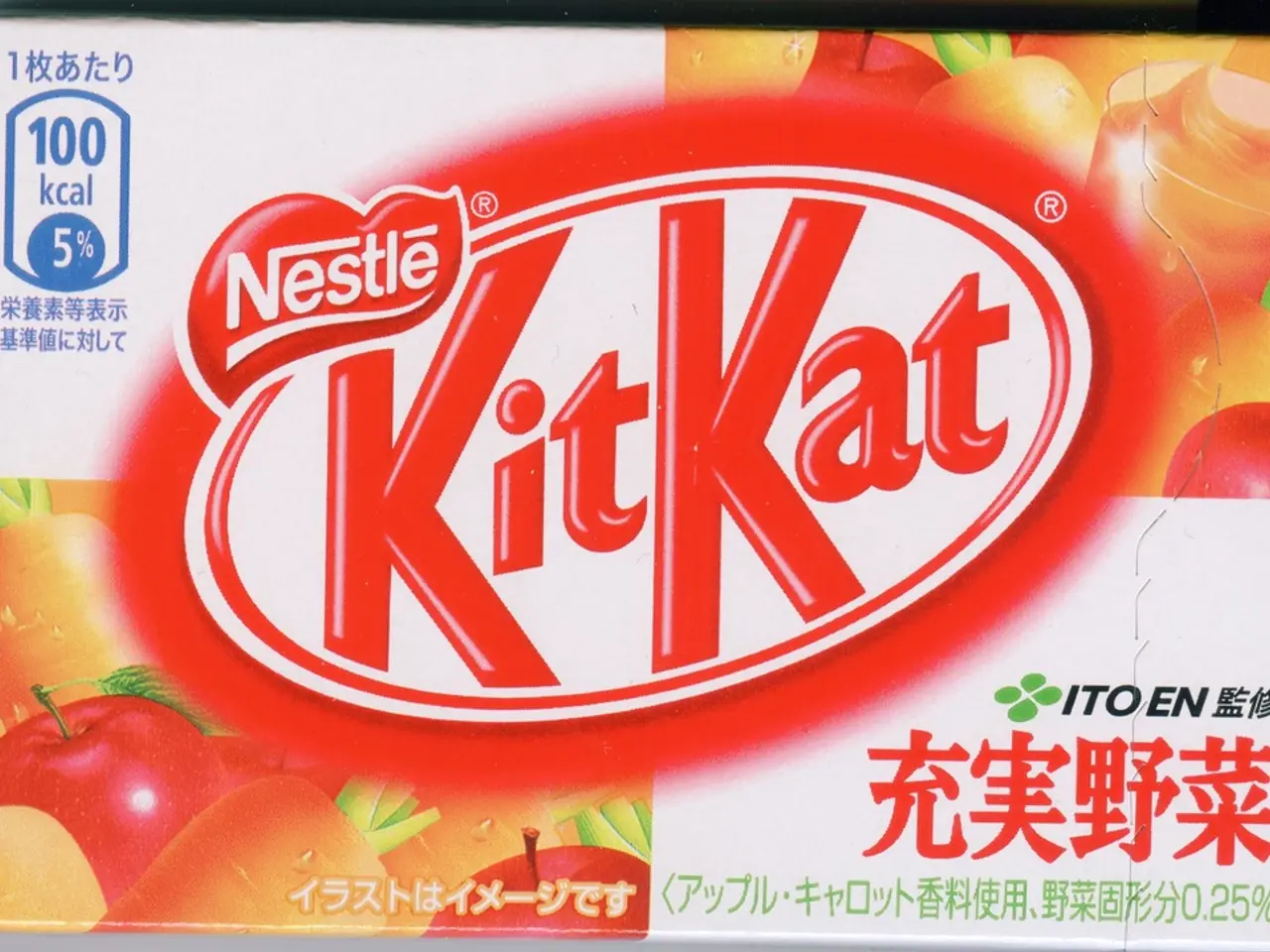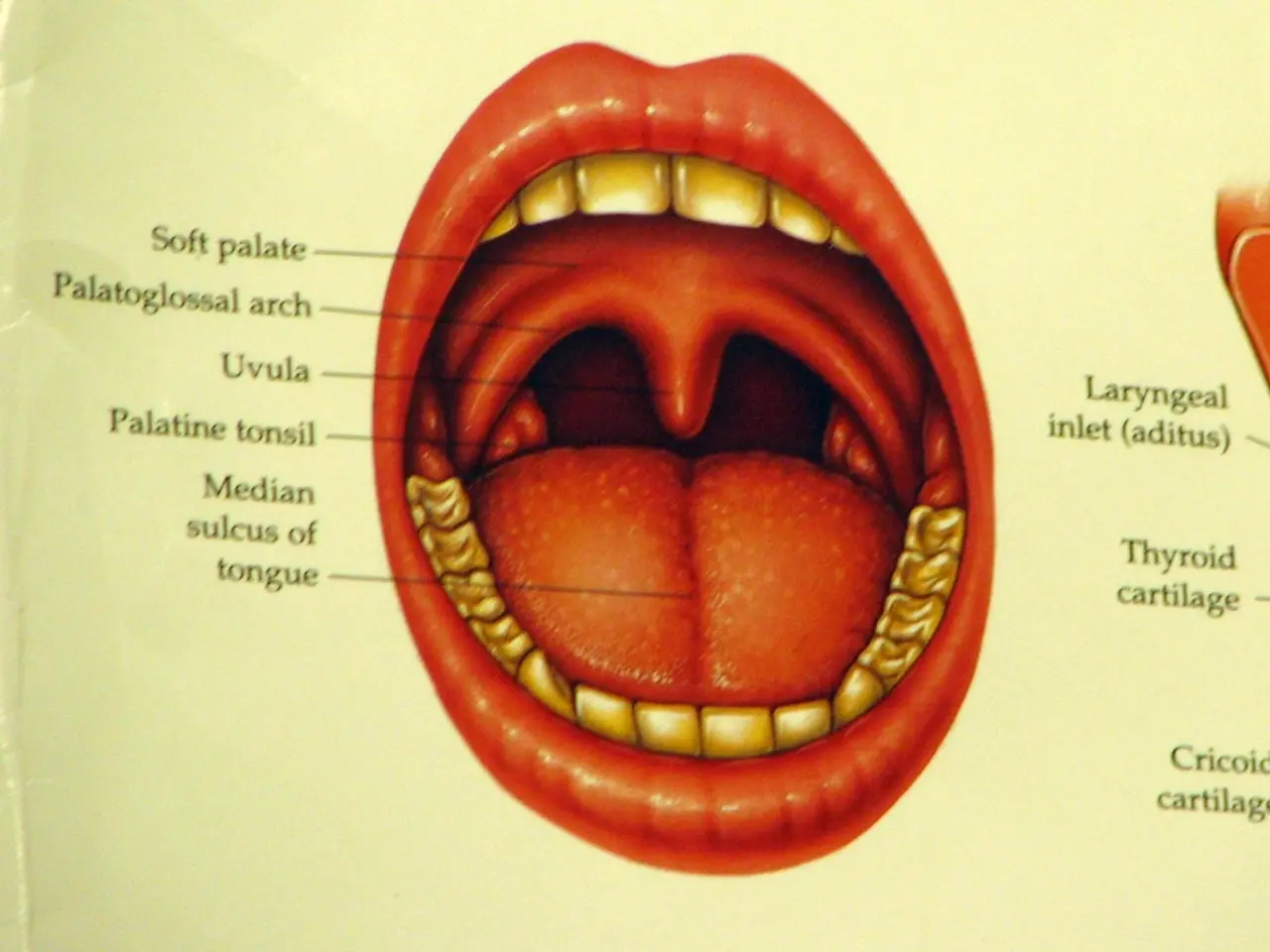FDA Grants Approval for Long-Term HIV Prevention Injection
Injectable HIV Prevention Breakthrough: Lenacapavir Arrives with a Price Tag and Access Challenges
Hold onto your hats, folks, because the FDA has just given the green light to lenacapavir, an HIV prevention game-changer that boasts a success rate of almost 100% and demands only two shots per year. Science magazine has labeled it the "most groundbreaking scientific development" of 2024.
In clinical trials, lenacapavir showed a staggering 99.9% effectiveness in preventing HIV transmission via sexual contact for individuals weighing over 35 kg. This antiretroviral drug works its magic by preventing HIV from reproducing during its initial stages through the clever disruption of its capsid protein's functionality, but only with those crucial six-month injections.
Good news is, lenacapavir has already been authorized as an HIV treatment in certain countries for strains that are resistant to other remedies. However, its prophylactic application hadn't notched a single approval until now, signifying a game-changing leap forward in the ongoing battle against the HIV/AIDS pandemic.
Pre-exposure prophylaxis (PrEP) pills have been available in multiple countries, including the United States, for preventing the contraction of HIV. But here's the catch: patients need to remember to take them every darn day, which hasn't proven easy. It's believed the long-lasting effects of lenacapavir will smooth the road to protection against the virus.
Gilead Sciences, the medicine's creator, has christened lenacapavir as Yeztugo and aims to produce 10 million doses by 2026. Check this out: Daniel O'Day, the president and CEO of Gilead, exclaimed, "Today represents a historic day in our relentless pursuit against HIV. Yeztugo symbolizes one of the most significant scientific advancements ever achieved and delivers a real-life opportunity to potentially end the HIV epidemic."
But there's a catch: Yeztugo's cost may create barriers to access. Are you ready for this? A single course of Yeztugo will set you back $28,218 per year in the U.S. Make no bones about it: this price point could create a significant stumbling block for many individuals. UNAIDS' executive director, Winnie Byanyima, has already brought this up, stating that the drug might be beyond the reach of many people in Africa, where the virus's impact is the highest. Statistically, about two-thirds of those living with HIV dwell in sub-Saharan Africa.
On a positive note, Gilead has outlined a comprehensive plan to facilitate access to lenacapavir in 120 high-incidence, resource-limited countries (primarily low- and lower-middle-income countries). Key components of their approach are:
- Voluntary licensing to permit other companies to produce generic versions of lenacapavir in certain countries
- Supplying lenacapavir at no profit until generic manufacturers are ready to supply demand in the licensed countries
These steps aim to bridge the gap until universally accessible, affordable generic versions can be made available. Byanyima and Gilead take a proactive stance to ensure lenacapavir's transformative HIV prevention benefits reach those in resource-poor settings.
- In the realm of science, lenacapavir, a revolutionary HIV prevention drug, has secured approval from the FDA.
- Labeled as the "most groundbreaking scientific development" of 2024 by Science magazine, lenacapavir boasts a nearly 100% success rate.
- Lenacapavir requires only two shots per year for effectiveness.
- In clinical trials, lenacapavir demonstrated a 99.9% success rate in preventing HIV transmission through sexual contact for individuals over 35 kg.
- Lenacapavir works by disrupting the HIV capsid protein's functionality during its initial stages.
- Lenacapavir has already been authorized as an HIV treatment in certain countries for resistant strains but not for prophylactic use until now.
- The authorization of lenacapavir as an HIV prophylactic signifies a significant leap forward in the battle against the HIV/AIDS pandemic.
- Pre-exposure prophylaxis (PrEP) pills have been available for HIV prevention in several countries, but daily use has proven challenging.
- It is hoped that lenacapavir's long-lasting effects will make protection against HIV more accessible.
- Gilead Sciences, the medicine's creator, has named lenacapavir as Yeztugo and aims to produce 10 million doses by 2026.
- Daniel O'Day, the president and CEO of Gilead, deemed the approval of Yeztugo a "historic day" in the ongoing fight against HIV.
- However, the cost of Yeztugo may create barriers to access, with a single course costing $28,218 per year in the U.S.
- The high price point could prove to be a significant stumbling block for many individuals.
- UNAIDS' executive director, Winnie Byanyima, has already voiced concerns that the drug may be beyond the reach of many people in Africa, where the impact of HIV is the highest.
- Gilead has outlined a plan to facilitate access to lenacapavir in 120 high-incidence, resource-limited countries, primarily low- and lower-middle-income countries.
- Key components of Gilead's approach include voluntary licensing and supplying lenacapavir at no profit until generic manufacturers are ready to supply demand in the licensed countries.
- The aim is to bridge the gap until universally accessible, affordable generic versions can be made available.
- Byanyima and Gilead are proactive in ensuring lenacapavir's HIV prevention benefits reach those in resource-poor settings.
- The access plan also includes permitting other companies to produce generic versions of lenacapavir in certain countries.
- Accessible, affordable treatments for HIV prevention are crucial for workplace-wellness initiatives, affecting medical-conditions, chronic-diseases like cancer, and respiratory and digestive-health.
- Eye-health, hearing, and other health-and-wellness concerns are equally important, with physical fitness-and-exercise, sexual-health, and mental-health an integral part of the discourse.
- Autoimmune-disorders and neurological-disorders like multiple sclerosis and Parkinson's disease are becoming increasingly prevalent in both mens-health and womens-health.
- Skin-care, nutrition, and addressing aging are key components in maintaining health and wellness.
- In the industry, there is a growing focus on climate change, with clean energy solutions, environmental-science, and sustainable manufacturing practices gaining traction.
- Mental-health concerns are on the rise, with depression, anxiety, and suicide becoming more common topics in newsletters and stories.
- Cities are implementing mental-health initiatives, improving public-transit and infrastructures, and promoting entrepreneurship and venture capital to spark innovation.
- The financial sector is adapting to the changing landscape, with investing in areas like real-estate, commercial development, and fintech becoming popular.
- The automotive industry is transforming as electric vehicles, autonomous driving technologies, and smart transportation systems gain popularity.
- Diversity-and-inclusion, leadership, and innovation are cornerstone values in the housing-market, entrepreneurship, and transportation sectors.
- Venture capital, banking-and-insurance, and the stock-market are closely connected, with investors looking for the next big thing in the real-estate and commercial sectors.
- Overall, lenacapavir marks a significant milestone in the ongoing battle against HIV/AIDS, underscoring the importance of accessible, affordable treatments in a rapidly evolving world.







